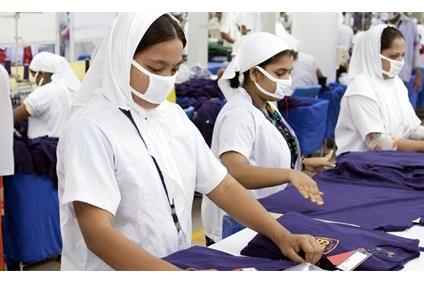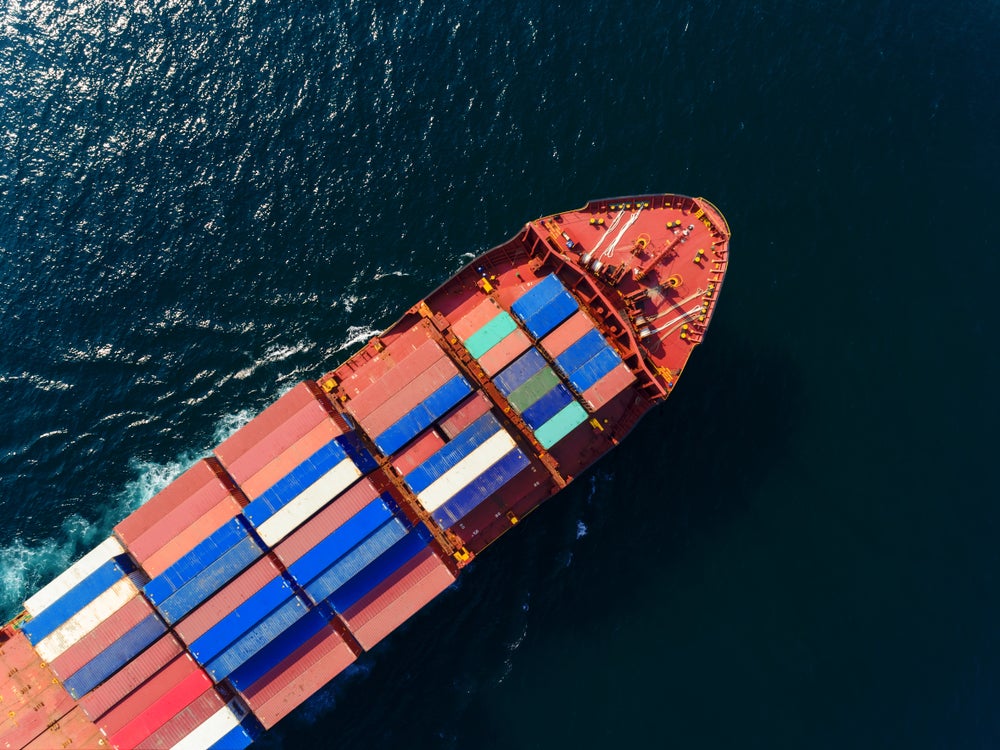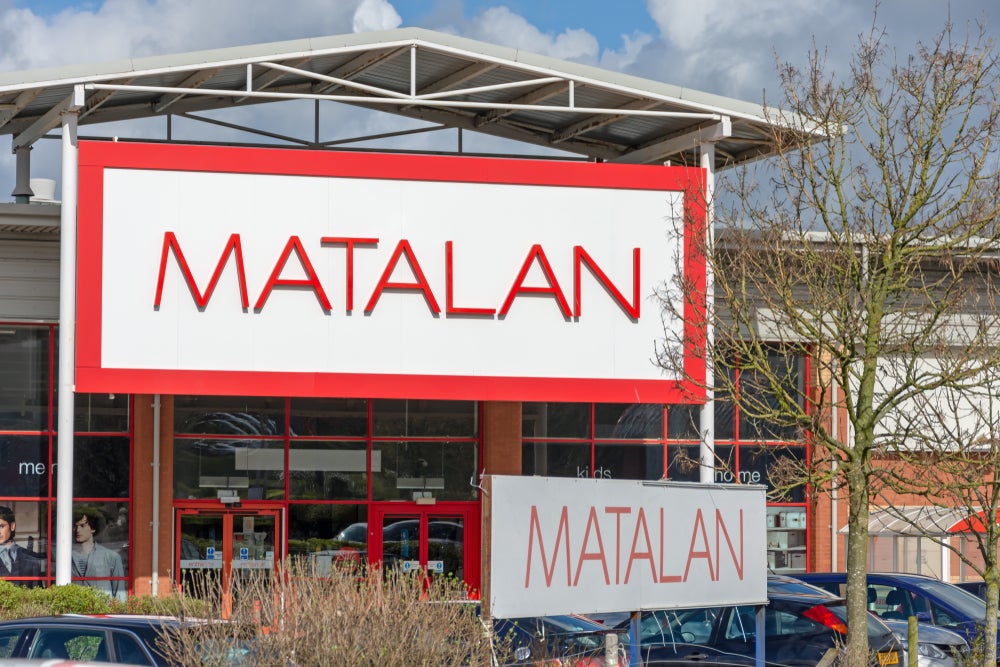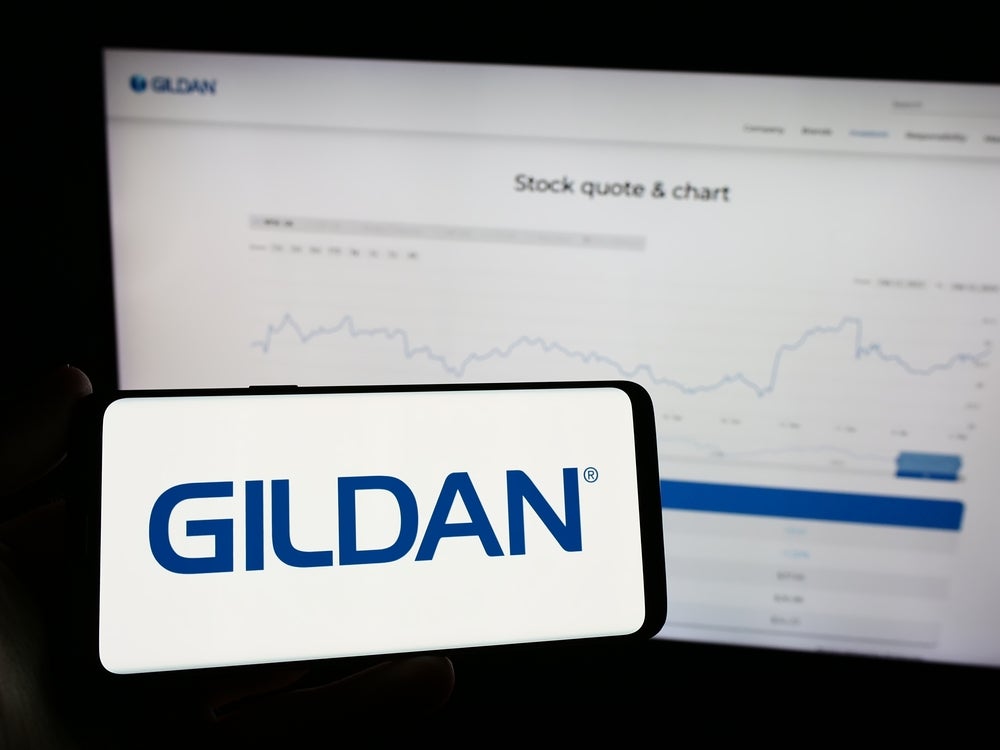
With the release of another damning report calling out 31 apparel brands and retailers for failing to ensure workers in their global supply chains are compensated fairly – the second of two on the topic in a matter of weeks – just-style has reached out to the companies to get their side of the story and to understand what steps they are taking to tackle the living wage issue.
New research from worker rights campaign group Labour Behind the Label has criticised fashion brands and retailers for not doing enough to ensure workers in their supply chains are being paid living wages.
It is the second such report in a matter of weeks alleging companies do not have concrete, measurable action plans for achieving a living wage in their global supply chains, or benchmarks for calculating living wage rates.
The latest ‘Tailored Wages UK 2019′ report says that out of 32 brands (12 of which are specific to the UK), none was able to show workers in their supply chains “are paid enough to live with dignity and support a family.”
“Five years on from our previous survey on this topic, no brand was able to show any progress towards a living wage being paid,” says Anna Bryher, the report’s author. “Poverty in the garment industry isn’t improving, it’s getting worse. This situation is urgent. Our message to the brands is that human rights can’t wait and workers making the clothes sold in our shops must be paid enough to live with dignity.”
See Also:
31 of the 32 companies surveyed received what Labour Behind the Label called “the lowest possible grade” – meaning no evidence can be produced that any worker making their clothes is paid a living wage anywhere in the world.
How well do you really know your competitors?
Access the most comprehensive Company Profiles on the market, powered by GlobalData. Save hours of research. Gain competitive edge.

Thank you!
Your download email will arrive shortly
Not ready to buy yet? Download a free sample
We are confident about the unique quality of our Company Profiles. However, we want you to make the most beneficial decision for your business, so we offer a free sample that you can download by submitting the below form
By GlobalDataThese include: adidas, Amazon, C&A, Decathlon, Fast Retailing, Fruit of the Loom, Gap, G-Star Raw, H&M, Hugo Boss, Inditex, Levi Strauss & Co, NIKE, Primark, Puma, PVH, Tchibo, Under Armour, and Zalando. The exception was Gucci, which was able to show that, for a small proportion of its production in Italy, national wage negotiations mean a family can live on a wage paid in some areas in the South and Central regions.
Neva Nahtigal from the international office of the Clean Clothes Campaign, adds that voluntary initiatives are failing to deliver human rights for workers. “The global economic model that drives down prices and pits low wage country against low wage country is too strong. It’s a fact that the workers who make almost all the clothes we buy live in poverty, whilst huge brands get rich from their labour. It is time for brands to be held accountable for the system of exploitation that they created and profit from.”
According to Labour Behind the Label, minimum wages in Bangladesh are less than a quarter of a living wage. In Romania and several other Eastern European countries workers earn “a sixth of the amount they need to live with dignity and support a family.”
“Pick a credible benchmark, tell suppliers, and raise prices accordingly. Start now, with the 50 biggest suppliers, and make the payroll records public to prove it is really happening. It’s not that complicated. Just pay people more money” – Labour Behind the Label
“If brands are genuinely committed to paying a living wage, they should stop talking about it and just pay it,” Bryher adds. “Pick a credible benchmark, tell suppliers, and raise prices accordingly. Start now, with the 50 biggest suppliers, and make the payroll records public to prove it is really happening. It’s not that complicated. Just pay people more money.”
What the brands say
just-style reached out to the 31 brands mentioned. Some said they hadn’t received the survey, while others commented the report had taken a “blanket approach” without recognising the individual efforts taken, or the point brands were currently at on their individual journeys to addressing the matter.
Sainsbury’s Tu Clothing: “All our suppliers, wherever they are in the world, have to meet the Sainsbury’s Code of Conduct for Ethical Trade. We train our suppliers on ethical trade and have dedicated teams in the UK, China, India and Bangladesh to ensure we can regularly visit our sites and confirm they meet our high standards. We have also signed the Bangladesh Accord, were one of the biggest improvers in this year’s Fashion Transparency Index and recently published further information on our website to ensure we’re transparent about our supply chain.”
H&M: “Earning a living wage is a fundamental human right, and this is the reason that H&M Group was one of the first companies to put commitments in place to achieve this. However, to make fair living wages a reality for garment workers around the world, there are certain steps that must be taken first to create the foundations necessary for systemic change to take place. In the five years since we started working on our strategy to achieve living wages, we can see that these processes are now starting to fall into place: by empowering garment workers and making fair negotiations possible, by improving our purchasing practices to ensure that they support fair living wages, for example by excluding labour costs from price negotiations, and by forming necessary industry collaborations that will enable the entire industry to take steps forward.
“In order to secure significant wage increases, it’s essential that the work done at individual factories is accompanied by industry solutions” – H&M
“In order to secure significant wage increases, it’s essential that the work done at individual factories – which our goals for 2018 were about – is accompanied by industry solutions, such as industry-wide collective bargaining agreements supported by brands committing to responsible purchasing practices. We are therefore working together with 21 other brands and the global union IndustriAll, which represents garment workers, towards this goal. This would be a true game-changer and turning point for the industry.
“Thus, the first steps in creating a solid foundation for fair living wages have been taken, and we can see some important progress when it comes to wages. We are one of the few companies to have wage data publicly available which shows the increases we see in workers’ wages. H&M Group has since several years had a dialogue with Clean Clothes Campaign [Labour Behind the Label], and even if we share the same end goal – that every garment worker should earn a fair living wage – we disagree on how to best achieve progress. We listen to recommendations from the ILO and the global trade union IndustriAll on how a company such as ours should address this complex issue, and they support our way of working. A lot of work remains to be done and we will continue to work as recommended by these experts.”
New Look: “New Look is committed to respecting and improving the lives of workers across our global supply chain. We want all workers to earn a living wage and we have worked hard in collaboration with other key stakeholders to build meaningful relationships with our suppliers, NGOs and local experts. Membership of ACT (the Action, Collaboration, Transformation living wage initiative) enables crucial industry-wide collective bargaining and is one of a number of initiatives the business has in place to improve living standards for all workers.”
M&S: “At M&S we believe it’s vital that our clothes are ethically sourced and we have a very clear set of Global Sourcing Principles that are a condition of working with us. Alongside our Plan A commitments, we’re committed to working in collaboration with our suppliers, other retailers and organisations such as the Ethical Trading Initiative to improve workers’ conditions, support processes to establish fair wages and ensure mature industrial relations in the garment industry.”
Amazon: “Our publicly available Supplier Code of Conduct incorporates internationally recognised human rights standards, which include that suppliers must pay their workers in a timely manner and provide compensation (including overtime pay and benefits) that, at a minimum, satisfy applicable laws. We partner closely with our suppliers and business partners to drive continuous improvement in working conditions; we have dedicated teams that work directly with suppliers in key sourcing regions, track and report performance, and set goals at a senior executive level to improve working conditions.”
“At a systemic level, we encourage governments to set a minimum wage consistent with the cost of living and establish comprehensive and regular mechanisms for minimum wage reviews” – Levi Strauss & Co
Levis Strauss: “Levi Strauss & Co believes that everyone who works has the right to wages ensuring a standard of living adequate for the health and well-being of themselves and of their family, including food, clothing, housing and medical care and necessary social services. At a systemic level, we encourage governments to set a minimum wage consistent with the cost of living and establish comprehensive and regular mechanisms for minimum wage reviews, and we have established programmes in sourcing countries that promote financial literary, women’s health, and overall worker well-being.”
Tesco: “We are working in partnership with global unions and leading brands to achieve living wages for workers. As a member of the groundbreaking initiative ACT (Action, Collaboration, Transformation), we have committed to ensuring our own purchasing practices will enable these higher wages to be paid, once set. We think it is right that workers and their union representatives have the opportunity to negotiate their own wages with factory owners.”
Asos: “There is no ‘silver bullet’ to solving these challenges, and we know there’s a lot that needs to be done. We can’t achieve this alone, so our ambition is to find long-term solutions to address the key human rights challenges in the garment supply chain through meaningful collaboration. To that end, we believe that ACT is the most credible initiative with a genuine chance of increasing garment workers’ wages and improving working conditions in a way that is scalable, sustainable and enforceable.”
Primark: “Every factory making Primark products must commit to meeting the standards set out in the Primark Code of Conduct, which states that wages must be paid in line with the law or industry benchmark, whichever is highest, and that wages must always be enough to meet basic needs and provide some discretionary income. Our Code is based on standards set by the Ethical Trading Initiative, which in turn is based on those of the UN’s International Labour Organization. Collaboration to address this industry issue is key, which is why we are a founding and very active member of Action, Collaboration, Transformation (ACT), an initiative between international brands, manufacturers and IndustriAll to support fairer wages across the textile and garment supply chain.”
“An individual company cannot enforce higher wages on its own. This is only possible within the framework of binding, sector-wide guidelines” – Hugo Boss
Hugo Boss: “Hugo Boss has regularly participated in the surveys of the Clean Clothes Campaign in the past and is in close contact with the organisation on a regular basis. Unfortunately the survey request was not handled internally as usual, which led to [us] not providing the requested information in the end. This does not reflect our position with regards to transparency of course, and we are very sorry for this. It goes without saying that we will nevertheless provide the relevant data to the Clean Clothes Campaign for their information.
“Social responsibility, fair working conditions and the well-being and safety of our employees – as well as those associated with us – is fundamental for Hugo Boss. Hence, these topics are a key focus area of our sustainability management. Hugo Boss commits itself and its suppliers to complying with the Hugo Boss Social Standards, which are based on internationally recognised standards. Among other factors, these Standards stipulate a fair compensation. Each of our suppliers must provide its employees monetary compensation for their work or other additional benefits. The compensation has to ensure an acceptable minimum standard of living, provide a secure income, and be regularly adjusted to changing conditions.
“Hugo Boss requires its suppliers to pay at least the statutory minimum wage or an appropriate wage customary in the industry (whichever is the higher). Due to a conducted wage data collection, we know that the total remuneration of our suppliers regularly exceeds the national minimum wages. Hugo Boss is convinced that an individual company cannot enforce higher wages on its own. This is only possible within the framework of binding, sector-wide guidelines. As a member of the German Partnership on Sustainable Textiles, we will participate in the ‘Living Wages’ alliance initiative which is currently being launched. We are confident that the principle of negotiations between employers, employees and employee representatives on wages can be established on an international level in cooperation with the trade union federation IndustriAll and its initiative ACT (Action, Collaboration, Transformation) and that the planned initiative will thus deliver generally valid and transferable results.”
Boohoo: “We have a zero-tolerance approach to modern slavery, and our in-house compliance team ensures our products are made in factories that comply with all laws relating to minimum wage and working conditions. Our external whistleblowing policy provides a platform for suppliers and their employees to raise concerns directly to us about non-compliance. We recognise that the industry supply chain is complex and we are in discussions with industry body Ethical Trading Initiative and in addition have entered into partnership with Slave-Free Alliance, part of Hope For Justice, so we can continue to make further improvements to our processes and procedures across our supply chain.”
Adidas, Arcadia Group, Asda, C&A, Decathlon, Fruit of the Loom, Gap Inc, Inditex, Missguided, Monsoon, Next, Nike, Pentland Brands, Puma, PVH, Tchibo, Under Armour, Fast Retailing and Zalando did not return request for comment.







